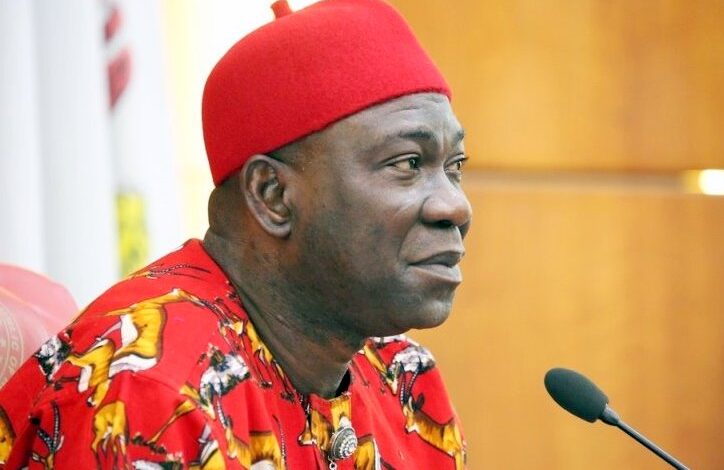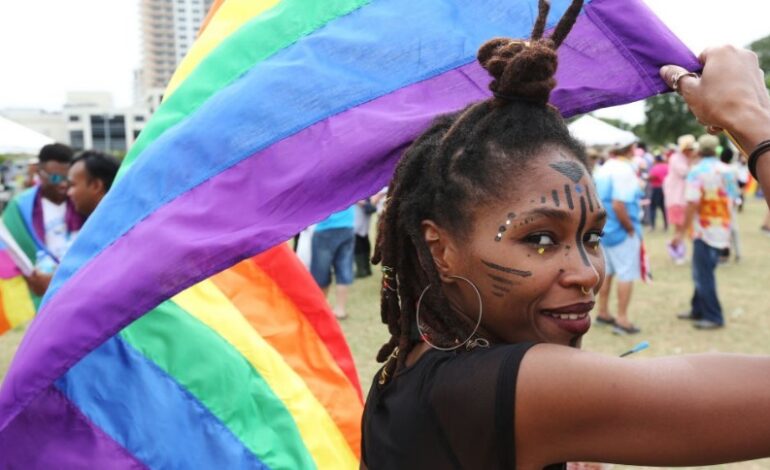
Avellon Williams
ANTIGUA AND BARBUDA- The anti-LGBT+ laws in Antigua and Barbuda have been declared unconstitutional by a judge.
In a judgment dated Tuesday (5 July), the Antigua and Barbuda High Court ruled that the laws against “buggery” and “serious indecency” discriminate against LGBTQ+ persons.
The Sexual Offences Act of 1995 inherited sections 12 and 15 from British colonial rule, which criminalized penetrative sex and other sexual acts between consenting adults.
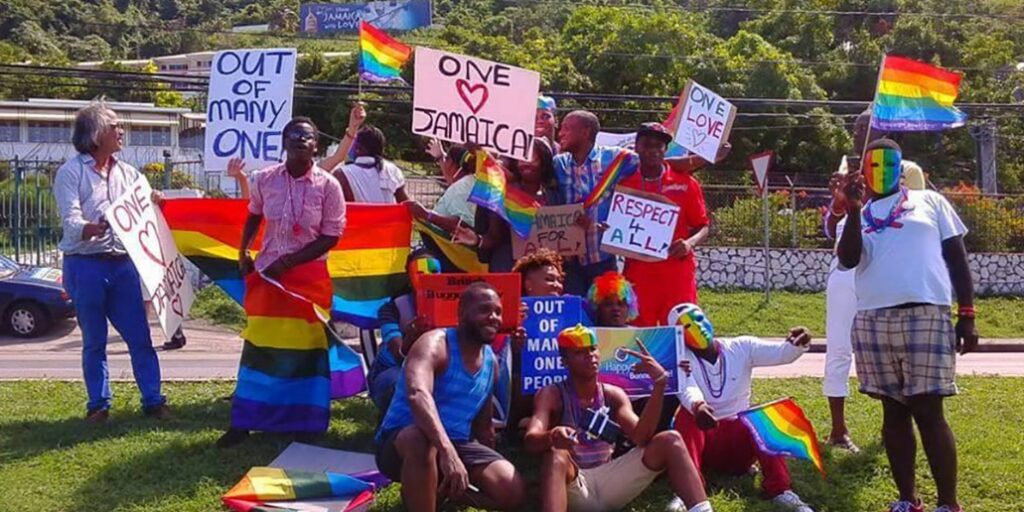
The punishment could be up to 15 years in prison for those found guilty.
As a result of the court’s ruling, it was found that criminalizing intimate relationships between consenting adults violated the Antiguan constitutional rights to liberty, the right to the rule of law, freedom of expression, the right to privacy, and the right against discrimination based on gender, which includes sexual orientation.
According to the court, “the right to privacy extends beyond the right to be left alone, and encompasses the concept of dignity, aspects of physical and social identity, and the right to develop and establish relationships”.
The ruling follows a lawsuit filed by David Orden, a gay Antiguan man, and the Eastern Caribbean Alliance for Diversity and Equality (ECADE), a regional LGBT+ umbrella organization.
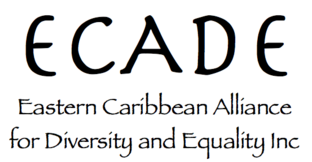
According to Orden, the police refused to investigate his claims that he had been bullied, beaten, and harassed by homophobes.
He told the court that the police asked him “why are you gay?” and “why did you choose this lifestyle?”.
Despite the law’s homophobia, Women Against Rape told the court that more needs to be done.
According to a representative who testified in court, many LGBTQ+ people are reluctant to receive HIV treatment due to breaches of confidentiality.
They reported that they had found a “homophobic atmosphere” in clinics there, and said, “violence and discrimination can negatively affect the mental health of LGBT members”.
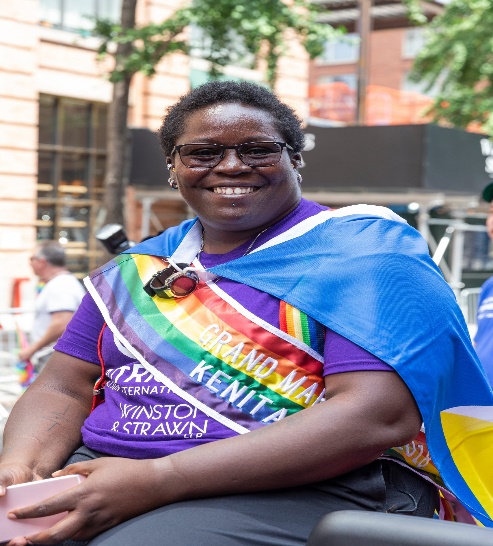
Kenita Placide, executive director of ECADE, said the ruling was important because it highlights how these laws stigmatise LGBTQ+ people, how they legitimize hate speech, discrimination, and violence, and how they tear at the fabric of our society.
“Our governments have sworn to protect and uphold the rights of all and act in a manner that promotes the prosperity and well-being of all. This judgment is in keeping with this commitment.”
The Human Dignity Trust’s Chief Executive, Téa Braun, said, “From legal preparations in 2015 to yesterday’s historic judgment, this victory took seven years to achieve.”
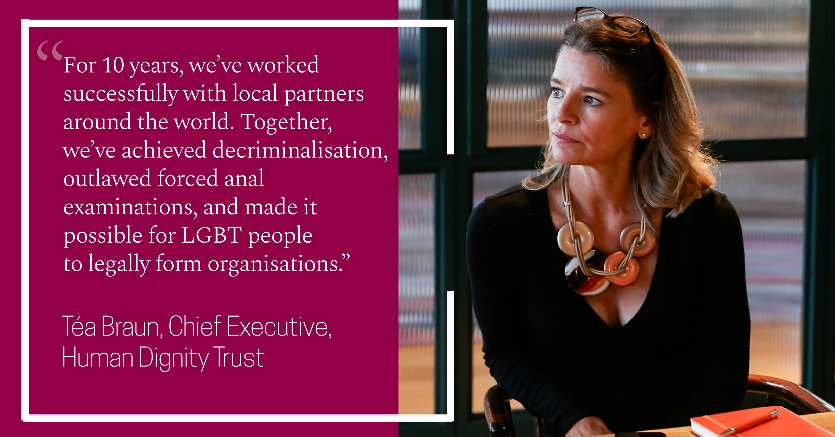
Tea Braun /Image, Twitter/
Even though legal victories take time, this ruling once again proves that perseverance and collaboration are the keys to success. In the wake of nearly 150 years on the statute books, these colonial legacy laws have finally found their rightful place in history.
By decriminalizing homosexuality through the courts, Antigua and Barbuda has become the third Caribbean country to do so.
Currently, constitutional challenges are pending in Barbados, St Lucia, and Saint Kitts and Nevis.
Braun added: “This is a pivotal victory for LGBT people in Antigua and Barbuda, thousands of whom can now look to a future free from the stigma of criminalisation.”



